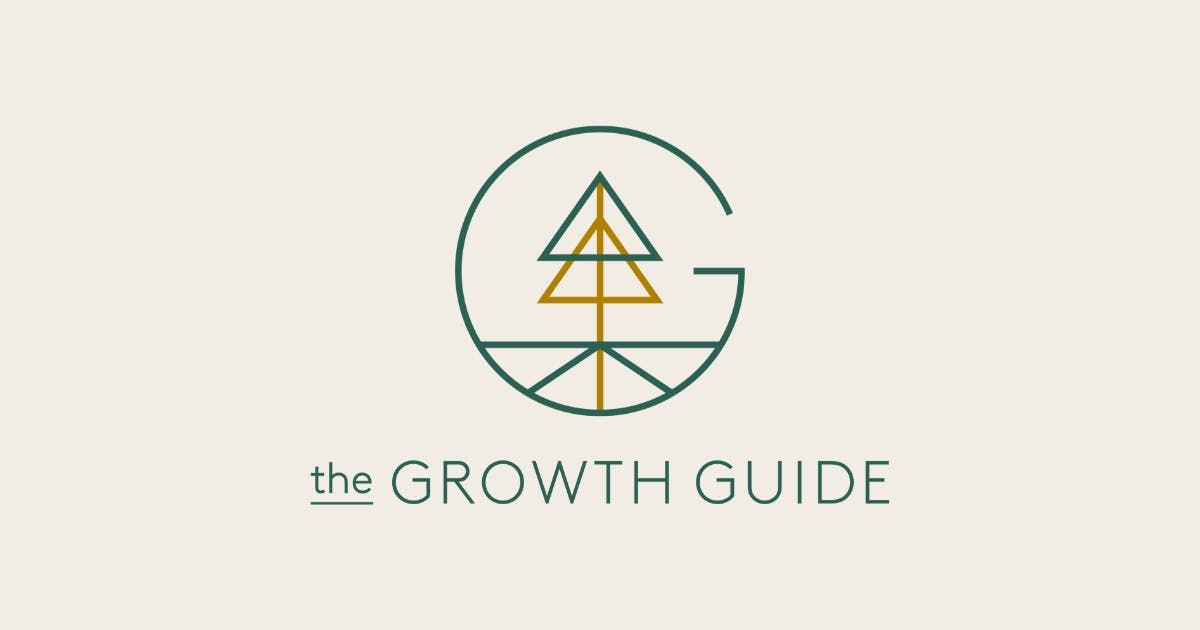Your cart is currently empty!
Plant Seeds

|
Plant the SeedsSomeone’s sitting in the shade today because someone planted a tree a long time ago.
– Warren Buffet
When you learn to plant seeds, you’ll change your life. Whether it’s personal, professional or financial, it’s been one of the greatest skill sets I’ve developed, but before we dive in, let me plant a seed. 2024 Course OfferingThe audience members I talk to have asked for more information in a few areas, which means I’d like your input, please. If I’m going to build a course over the next three months for release in 2024, what would you like to see:
Drop me an email and let me know what you’d like to see! Personal and Professional SeedsAlright, back to planting seeds. Let’s start with talking about personal and professional. Bottom line, planting seeds is about developing patience in life. It’s about becoming patient, empathetic and practicing mindfulness. When I was younger, I always rushed into things and went straight to the answer or recommendation. More often than not, it didn’t work. It would lead to:
Worst of all, it would lead to unhappy friends, family and colleagues. Nobody likes a Dictator. When you always have the answer, you’re the Dictator. People want to feel as if they’re the ones making decisions and that’s where planting seeds comes in. For example, I prepare packages for shareholders at work with a CFO report and multiple specific topics that change from time to time. When I feel strongly about a specific topic, I’ll reference it multiple times throughout the report and specific topic memos. Taking a step back, I’ll have already referenced it multiple times in the months, or sometimes years, leading up to the meeting:
By the time we’re having a conversation on the topic, I hope the seed has been planted so often I hear the magic words: I Have an Idea When someone says I Have an Idea and the idea that follows is the seed you’ve been planting for days, weeks, months or years, I promise, It Feels Good. In fact, often the longer you had to plant the seed, the more rewarding it is when they Have the Idea. It’s not only work, though. It’s also about your relationships. When I tell my wife I want to move, she can get frustrated. When I instead:
She may come to me and say I Have an Idea. When she does that, it’s often aligned with what I planted. More often than not, though, it’s better than what I’ve planted. She’s able to think things through deeply from a different perspective and come back to me with a what do you think about doing it this way, and the way she’s suggested is the best of what I wanted mixed with what will ultimately make her happy and improve my suggestion. It’s teamwork at it’s finest. To be clear, I’m not talking about manipulating people. To some extent, I’m talking about the idea of incepting them. Test it at work and home and let me know how it works for you or how you’ve used Seed Planting in the past and the results you got – I’ll share some examples in a future newsletter. Financial SeedsThis is where the magic can happen. We’ve talked about the power of compounding before. Bottom Line, as Einstein said: Compound interest is the eighth wonder of the world. He who understands it, earns it; he who doesn’t, pays it.
To win financially, start investing.
Investment seeds are simple. They’re not easy, but they’re really simple. The longer you’re willing to let your seeds grow, the greater the tree you’ll be able to rest under financially when you retire.
TGG PodcastThis week on the Growth Guide Podcast, we talked to Dan Martell, a serial entrepreneur, investor, and author of Buy Back Your Time: Get Unstuck, Reclaim Your Freedom and Build Your Empire. I’ve got a lot of fun projects on the go and more are coming. To achieve at this level, I needed a new playbook, and Dan delivered it with Buy Back Your Time. Dan teaches you the secrets to work less and play more while building an empire. Here’s what I learned that could change your life:
To learn more, listen to the podcast.
Girdley WorldMy friend, Michael Girdley shares lessons from building a $100 million business empire, including 30 years of surprising tactics, psychology and dad jokes. If you’ve ever felt like you’re working hard but getting nowhere, here’s an excerpt he wrote that resonated with me: Early in my career, I didn’t make any long-term plans.
It’s a big regret.
I worked hard. I was always busy. But I didn’t seem to get any closer to the big things I wanted to do.
It wasn’t until I was about 41 that I realized I needed to make a change.
So I took the goal-setting system I use in so many of my businesses and adapted it for my personal life. It’s been transformative.
I’ll run you through the system first, then give you some things to think about.
To read more on Girdley’s personal system, check out Girdley World or 1-click signup here.
|
|
Update your email preferences or unsubscribe here |